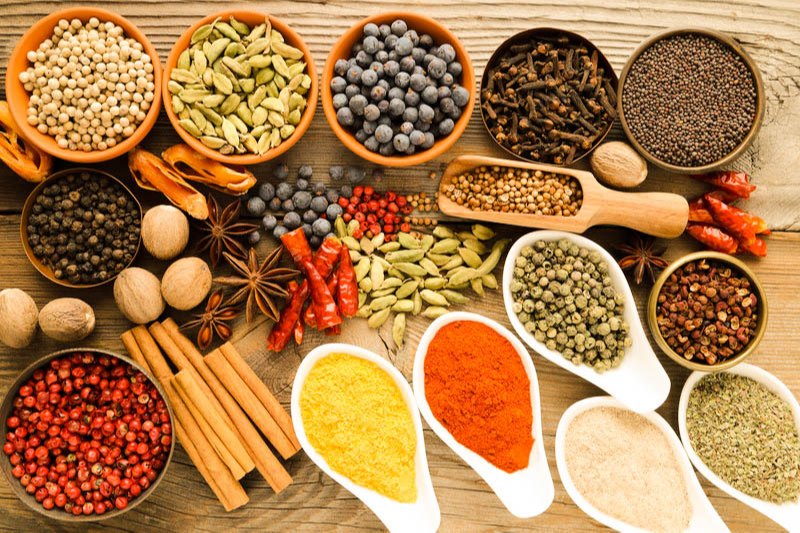Indonesia’s Competitive Edge in the Organic Spices Market
Indonesia, the world's largest archipelago, is not only rich in culture and biodiversity but also holds a strategic position in the global organic spices market. With increasing global demand for healthy, sustainable, and traceable food products, Indonesia’s organic spices have emerged as a preferred choice for importers across Europe, North America, and Asia. But what exactly gives Indonesia a competitive edge?
Admin
6/9/20252 min read


1. Fertile Land and Ideal Climate for Organic Cultivation
Indonesia’s tropical climate and rich volcanic soil provide the perfect environment for growing high-quality spices such as black pepper, white pepper, turmeric, ginger, cinnamon, and nutmeg—all without the need for synthetic fertilizers or pesticides. The abundance of smallholder farmers in regions like Sumatra, Java, Sulawesi, and Maluku contributes to organic cultivation at scale with minimal environmental disruption.
2. Commitment to Sustainability and Organic Certification
Indonesian spice exporters are increasingly aligning with international organic certification standards including USDA Organic, EU Organic, JAS (Japan), and FSSC 22000. With growing awareness of health and wellness, global buyers demand clean, chemical-free products with full traceability. Exporters like PT Linggau Jaya Eksportir have invested in working closely with farmer groups and certification agencies to ensure compliance and trustworthiness.
3. Value-Added Products and Private Labeling
Beyond raw spices, Indonesia offers value-added organic spice powders such as organic ginger powder, turmeric powder, cinnamon powder, and chili flakes, tailored to client specifications and packaging needs. The availability of private labeling services—complete with regulatory-compliant documentation and branding support—adds immense appeal to international buyers looking to enter the organic food segment quickly and efficiently.
4. Strong Export Infrastructure and Global Reach
Indonesia’s expanding logistics network, upgraded sea ports, and active free trade agreements (like IA-CEPA with Australia) streamline the export process. In 2024 alone, Indonesia’s spice exports rose by over 12%, with organic-certified exports contributing significantly to growth, especially to Germany, South Korea, Japan, and the United States.
5. Strategic Partnerships and Government Support
Government programs such as Gernas Bawang Putih, organic farming incentives, and trade facilitation policies have supported the rapid growth of organic spice exports. Partnerships between exporters, cooperatives, and certification bodies ensure long-term sustainability and compliance with global market requirements.
Conclusion: A Market with High Growth Potential
As the global demand for organic spices continues to rise, Indonesia is well-positioned to meet this need through its natural advantages, sustainability efforts, and professional export standards. For importers and distributors seeking a reliable partner in organic spice sourcing, Indonesia offers quality, quantity, and compliance—at competitive pricing.
🔗 Explore Our Organic Spices Catalog
Visit www.llgexport.com or contact us at contact@llgexport.com to learn more about our certified organic spice products and private label options.
PT Linggau Jaya Eksportir – Your Trusted Indonesian Organic Spices Export Partner



